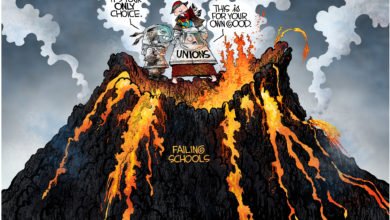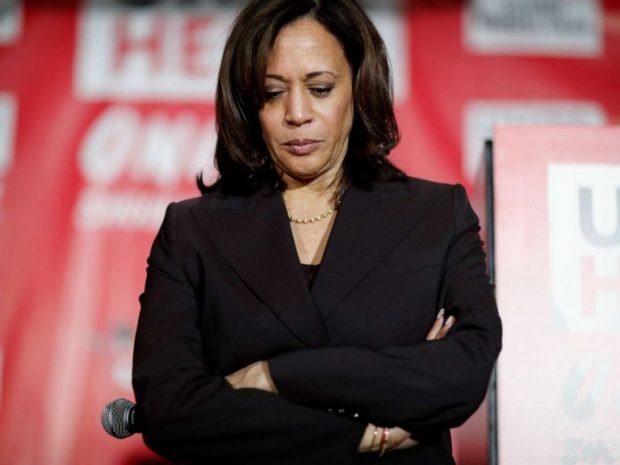Virginia officials recommended 15,000+ signatures .. in July
Newt Gingrich and Rick Perry have both failed to reach the number and distribution of signatures needed to make the Virginia primary while many other candidates have decided to not even try.
While other states’ primaries and caucuses are open to any GOP candidate, Virginia has strict rules over how many signatures are required. A candidate must have 10,000 valid signatures including at least 400 from every single district in the state in order to make the ballot.
The rules certainly limit the ability of candidates to enter the race if they don’t have a significant, in-state army of signature takers – which costs a lot of money and requires serious manpower.
So the question remains – is Virginia’s unfair or does it create a super power in the preliminary elections?
The Old Dominion’s model for running a primary has some strengths and some flaws. While it may weed out the week, disorganized efforts, it might also place emphasis on the campaigns with financial strength.
The campaigns were given more than 5 months to collect signatures so it is curious that the candidates with smaller organizations did not even bother trying to enter the Virginia race.
Virginia does represent more than 10% of the total delegates required to obtain the nomination giving it powerful status in the race. The state is also the home state of Newt Gingrich which creates a tough image for the former House Speaker – he can’t win his own home state. But Newt has a plan:
Only a failed system excludes four out of the six major candidates seeking access to the ballot. Voters deserve the right to vote for any top contender, especially leading candidates. We will work with the Republican Party of Virginia to pursue an aggressive write-in campaign to make sure that all the voters of Virginia are able to vote for the candidate of their choice.
Virginia state code does not specifically allow for write-ins in primary elections, but the wording in Virginia code 24.2-644(C) doesn’t specifically forbid it either:
At all elections except primary elections it shall be lawful for any voter to vote for any person other than the listed candidates for the office by writing or hand printing the person’s name..
If one takes the position that anything not made specifically illegal is therefor legal, then there is no restriction on write-ins for primary candidates. Intent vs. explicit instructions could come into play in Virginia, but there is very little time for a legal challenge from either point-of-view.
What makes a court challenge more likely is that, according to Richard Winger at Ballot Access News, the Virginia GOP may have changed the rules very recently:
But what has not been reported is that in the only other presidential primaries in which Virginia required 10,000 signatures (2000, 2004, and 2008) the signatures were not checked. Any candidate who submitted at least 10,000 raw signatures was put on the ballot. In 2000, five Republicans qualified: George Bush, John McCain, Alan Keyes, Gary Bauer, and Steve Forbes. In 2004 there was no Republican primary in Virginia. In 2008, seven Republicans qualified: John McCain, Mike Huckabee, Mitt Romney, Ron Paul, Rudy Giuliani, Fred Thompson, and Alan Keyes.
Was the 10,000 signature deeming rule what both Perry and Gingrich had set as a goal fully expecting that 10,000 signatures was a guaranteed entrance into the race? A quick run through the Virginia State Board of Elections website finds a bulletin dated July 1st that includes an important recommendation (emphasis mine):
Must be signed by not less than 10,000 qualified voters in Virginia, including at least 400 qualified voters from each of Virginia=s eleven congressional districts, who attest that they intend to participate in the primary of the same political party as the candidate named on the petition. Because many people who are not registered to vote will sign a petition, it is recommended that 15,000 – 20,000 signatures be obtained with at least 700 signatures from each congressional district.
Virginia is not a winner-take-all state so even the less-popular candidates stood to gain some delegates in the old dominion state. Now, due to rules that might have changed very recently, only the campaigns with the best organizations have any shot at those 49 delegates at all.
The so what of it all is that court battles aside, Virginia has set itself up to be a discriminatory super-primary state. Although late in the primary cycle, it may play a larger part than the early primary states.
If Paul and Romney have collected a good portion of the delegates in Iowa and New Hampshire, Virginia’s 10% will be huge and only Romney and Paul will be on the ballot. Super Tuesday may well contain a super primary – fair or not.




